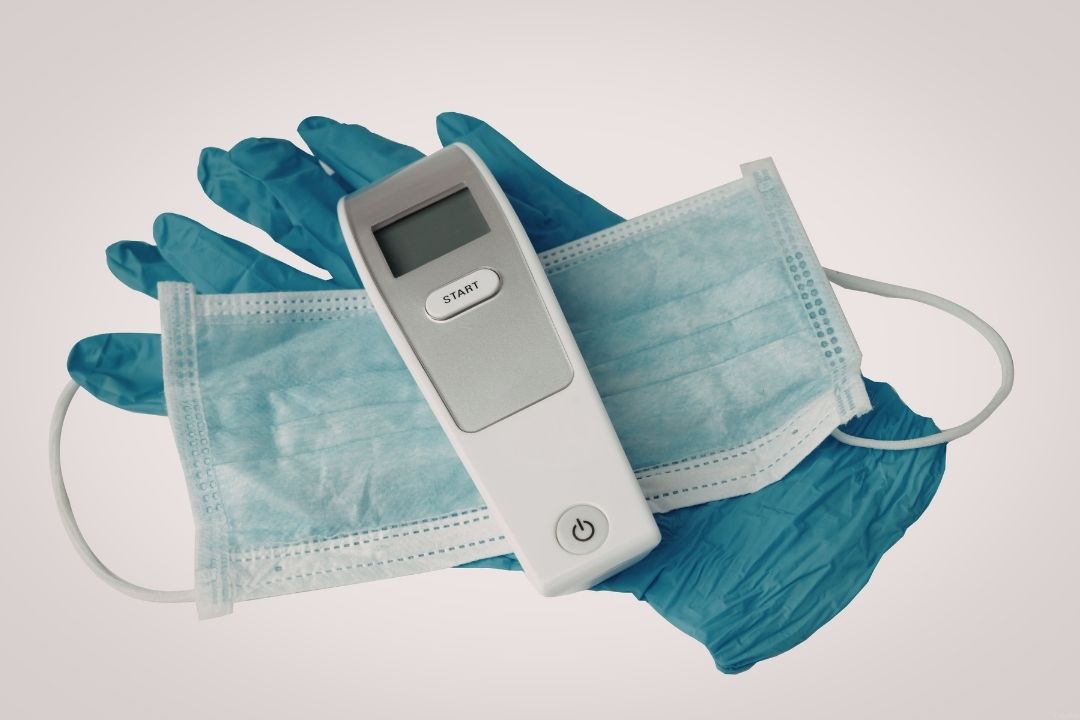
In the dynamic world of healthcare, flexibility and resilience are key to meeting the ever-changing needs of patients and facilities. One solution that has gained popularity in recent years is PRN nursing. In this post, we will explore what PRN nursing is, the role of a PRN nurse, and how the dynamic nature of PRN nursing brings value to both healthcare facilities and professionals in the field.
Explore the article:
- What is PRN?
- The role of a PRN nurse
- The benefits of PRN nursing
- How does PRN scheduling work?
- How to start in PRN nursing
What is PRN?
PRN stands for "pro re nata," a Latin phrase that translates to "as needed" or "as the situation demands." In nursing, PRN refers to an arrangement where registered nurses work on an as-needed basis, without a fixed schedule. PRN nurses fill in when there aren't enough full time employees due to shortages, leaves, or too many patients.
The role of a PRN nurse
A PRN nurse is a highly skilled and adaptable healthcare professional who provides support to healthcare facilities on a temporary basis. PRN nurses work in different places like hospitals, clinics, care facilities, and home healthcare.
The responsibilities of a PRN nurse may include:
- Assisting with patient care and bedside nursing
- Administering medication and treatments
- Monitoring vital signs and patient condition
- Collaborating with the integrated healthcare team
- Providing patient education and support
- Adhering to facility policies and procedures
PRN nurses must adapt fast, work well with teams, and provide quality care to patients with diverse needs.
The benefits of PRN nursing
PRN nursing offers several advantages for healthcare professionals seeking a flexible and rewarding career. Let's explore some key benefits:
Flexibility and work-life balance
PRN nursing allows healthcare professionals to have greater control over their work schedules and work-life balance. Unlike full-time or part-time nurses, PRN nurses have the freedom to choose when and where they want to work. Being flexible can help people who have personal responsibilities like taking care of family, getting more education, or supporting loved ones.
Exposure to diverse healthcare settings
One of the significant advantages of PRN nursing is the exposure to diverse healthcare settings and nursing specialties. PRN nurses have the opportunity to work in various facilities, ranging from large hospitals to small clinics or even home healthcare. This exposure helps broaden their clinical experience, develop new skills, and gain a deeper understanding of different patient populations.
Enhanced skill development and networking opportunities
Working as a PRN nurse often involves stepping into new environments and collaborating with different healthcare teams. This provides valuable opportunities for skill development and networking. PRN nurses can learn from seasoned professionals, share knowledge and experiences, and expand their professional connections within the healthcare community.
Higher earning potential
PRN nursing offers the potential for higher earnings compared to traditional part-time or full-time positions. PRN nurses often receive higher hourly rates and have the opportunity to take on additional shifts or assignments as desired. Some facilities may give extra pay or bonuses to PRN nurses who work during busy times like weekends or holidays.
PRN Nursing: On-demand support
During staffing challenges, PRN nursing offers immediate support to healthcare facilities when they need it the most, providing essential help. PRN nurses can assist in situations where there is a shortage of staff, a high number of patients, or unexpected absences. Their role is to ensure uninterrupted care for patients.
How does PRN scheduling work?
PRN work grants healthcare professionals the autonomy to set their own work availability. Nurses give their schedule to the facility, who then assigns them shifts to cover when there aren't enough staff. Nurses can set schedules based on their preferences and choose open positions without the need for a staffing agency or contracts. Under the PRN model, professionals can choose to work full time without the need to work a certain number of hours.
Innovative technology platforms like CareRev simplify the process by allowing nurses to conveniently view and book open shifts through the application. This flexibility empowers PRN nurses to accept or decline shifts based on their preferences, fostering a better work-life balance.
How to start in PRN nursing
To start your career as a PRN nurse, follow these steps to get your foot in the door.
- Research: Familiarize yourself with the concept of PRN nursing and the requirements in your region.
- Network: Connect with nurses, or healthcare professionals already working in PRN roles to gain insights and learn about opportunities.
- Update your Resume: Highlight your relevant skills, experiences, and certifications to make your application stand out.
- Partner: Use platforms like CareRev to find on-demand nursing opportunities and connect with local healthcare facilities in need of staff.
- Interview Preparation: Be ready to discuss your background, flexibility, and ability to work effectively in different healthcare settings.
- Continued Education: Stay up-to-date with industry trends, advancements, and certifications to enhance your professional profile.
The PRN on demand model offers a valuable career path for healthcare professionals seeking flexibility, diverse experiences, and increased earning potential. This provides direct support to healthcare facilities, helping them maintain smooth patient care during staff shortages. Choosing PRN nursing positions allows healthcare professionals to have a fulfilling career and make a big difference in the healthcare industry.
Ready to get started in PRN nursing? Check out our blog on how to find PRN nursing jobs near you.





